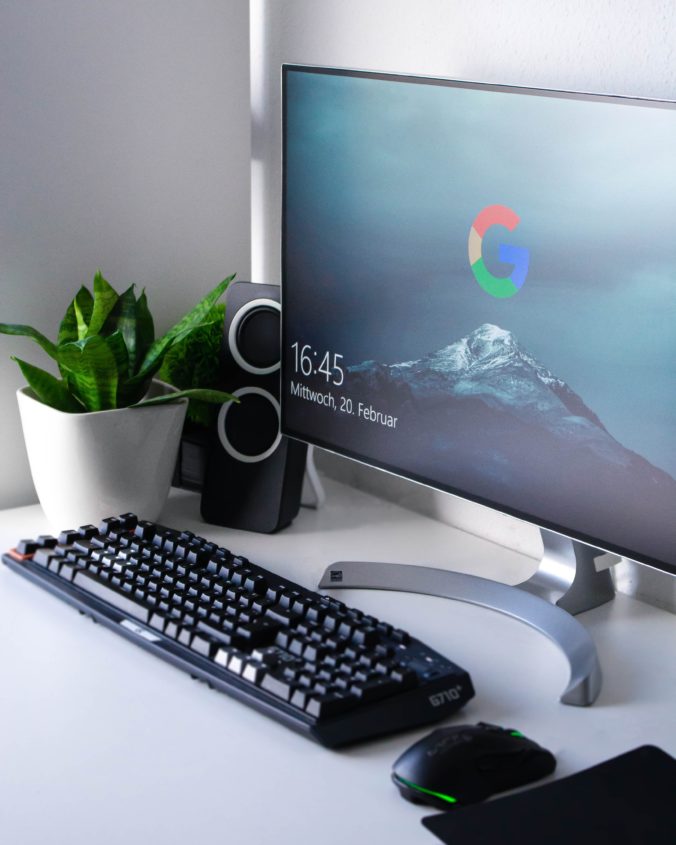In recognition of Internet Safety Month, the National Center on Sexual Exploitation (NCOSE) is calling on Google to make necessary fixes to Chromebook laptops to prevent children from easily accessing pornography.
“Children are spending more time than ever on school-distributed Chromebooks for education due to COVID-19, yet Google has failed to protect them. Children using school-distributed Chromebooks are at risk of being exposed to hardcore pornography and even grooming for abuse, all because Google refuses to proactively turn on parental controls on the devices it knows are being sold to schools. Instead, the multi-billion-dollar company has decided to rely on overburdened teachers and parents to enact these filtering tools. This is unacceptable. Google has a duty to make its devices safe when selling them to schools,” said Dawn Hawkins, senior vice president and executive director of the National Center on Sexual Exploitation.
Google Chromebook laptops are widely used by school districts to foster virtual learning, with over 30 million students and 70 million educators using Google devices and education software worldwide. Since the COVID-19 pandemic shut down most schools in the United States, many districts have even taken to mass buying Chromebooks right off the shelves to give to their young students. Google was named to NCOSE’s 2020 Dirty Dozen List for failing to proactively address serious digital harms on Chromebooks.
“As one of the most important tech companies in the world, the protection of children should be top priority for Google. Online forms of sexual abuse and exploitation have exploded in recent years, inflicting incalculable mental, emotional, social, psychological, and spiritual harm on its victims. Tech companies such as Instagram, TikTok, and Netflix have recently responded positively to our requests to institute safety features for children. Google has done the same regarding other requests by NCOSE in the past, and we urge Google to make these crucial changes. We do emphasize that all tech companies still have a long way to go to better protect children from sexual exploitation and exposure to pornography and risks of sexual abuse and we hope these companies will make many positive changes,” Hawkins added.
